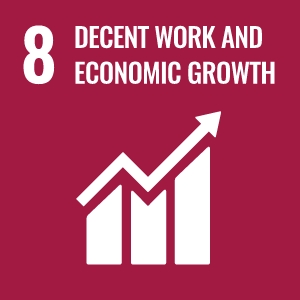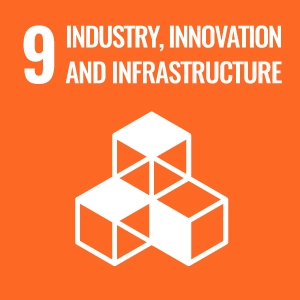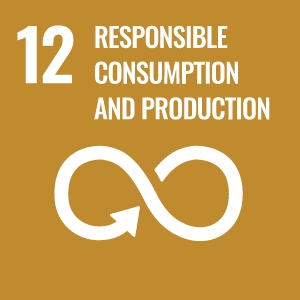The current economic scenario has led to a widespread reflection; the transformations taking place in the world and the challenges of tomorrow have seen a change in pace, in the face of which not even our airport can remain impassive. The pandemic, which has catalysed the last few years, left us forced to change pace, updating the various regulations and revising methods and means for development.
The Managing Director Emilio Bellingardi spoke of his vision in the preface to the book “Regulation EU 139/2014: training and proficiency check”, defining a number of fundamental elements that Milan Bergamo Airport needs to pursue.
Important organisations such as our airport are constantly striving to make an active contribution to the future of new generations, without neglecting evolution and improvement.
The creation of economic, social and environmental development and benefits requires significant investment in avant-garde, innovative and ecologically sustainable infrastructure and instruments dedicated to both the users of the terminal and airport workers.
Beginning with the themes of safety and security, Regulation (EU) 139/2014 was the first step in rendering these proposals a concrete matter; a document that provides for the international certification of airports through defined safeguards.
The specific aspects defined by the legal norms include a regulation governing the surrounding areas and the runway, aimed at guaranteeing a safe environment and ensuring that hazards are reduced to a minimum. One fundamental part of the regulation focuses on the protection of workers and the role of Post Holders and Training Managers; the latter have the important task of making sure that the people who work every day in the airport have, maintain and develop determined skills through monitoring initiatives and training programmes. Growth comes from the acquisition of knowledge, which enriches individual employees as well as the entire company, which is able to remain in step with changes.
Equally important is a focus on wild fauna, not only from an environmental conservation point of view but also in terms of accidents; events such as bird strikes can happen repeatedly and require constant assessment of the area and active collaboration between organisations within the aviation sector.
The areas of import – transformation – export, and the combination of culture and tourism, are pillars of our economy in which we play an active role, and they must be subject to revision and renewal of the relative paradigms. Milan Bergamo Airport is actively involved in this important period of change, and we are proud to be drivers, together with other important organisations, towards necessary change.




